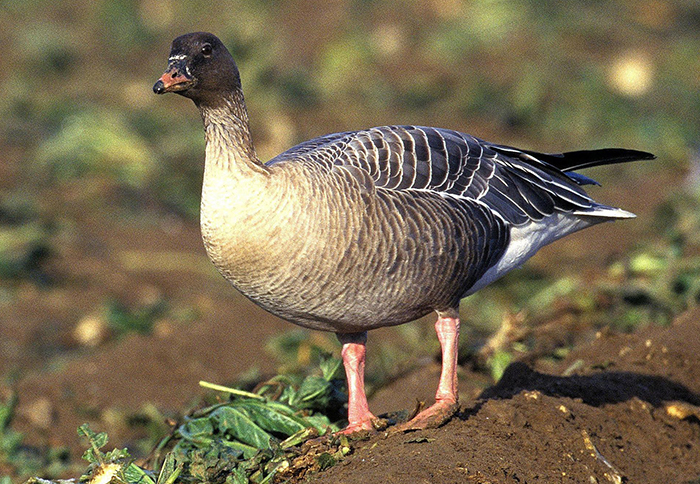15 February 2018
Encouraging biodiversity at British Sugar
Objective
To continue to ensure that best practice environmental measures are applied to sugar beet production across all British Sugar advanced manufacturing sites in the UK.
What we did
British Sugar adheres to strict environmental permits on all of its sites and works closely with its farming partners and the British Beet Research Organisation (BBRO) to guarantee best practice in the field. This extends to enhancing biodiversity through the cultivation of sugar beet in the field as part of the arable crop rotation and providing suitable habitats for wildlife species.
When sugar beet is included in arable cropping, biodiversity is increased as noted in the Sugar Industry Journal, Issue 137 (62) March-April 2012. It stated “as a root crop [beet] has become a very valuable part of arable farming, because sugar beet has the important effect of breaking up the mainly cereal-based crop rotations (as demonstrated in some EU countries, the cereal yield after beet can be 10-20% higher compared to the cereal yield after two years of successive cereals).
“Because sugar beet is seldom a host to pests and diseases which affect combinable crops, the cultivation of sugar beet reduces the level of diseases and pests and therefore reduces the amount of pesticides applied.”
In addition to this, after the sugar beet harvest from September to February, many birds are attracted to the remaining beet tops for food. The Royal Society for the Protection of Birds (RSPB) emphases that UK sugar beet production supports “internationally important populations of pink-footed geese and nationally important populations of stone curlews”. It is often “associated with a uniquely high wildlife conservation benefit”.
During autumn and winter, more than a quarter of the world’s population[1] of pink-footed geese feed and forage on sugar beet tops and stubble in eastern England. Other species further supported by the crop include the skylark, golden plover, pied wagtail, meadow pipit and various breeds of swan.
Results
Over the decade 2004/05 – 2014/15, a 51% increase in the population of the pink-footed geese has been recorded as noted in the RSPB Report ‘State of the UK’s Birds 2017.’
Meanwhile, British Sugar’s continuous drive to protect biodiversity at all its sites has meant the business and its network of farmers support wildlife species suffering from population decline in the UK. This includes the small heath butterfly, the sand martin, lapwing and water vole. At all of its UK factories, ponds offer a unique setting for hundreds of migratory and non-migratory birds including Egyptian goose, little grebe, mallard, grey heron, oystercatcher and kingfisher.
At British Sugar’s site at Wissington, one of Europe’s largest sugar beet factories, it provides a valuable habitat for many species including the reed warbler, speckled wood butterfly and muntjac.
[1] http://www.bbc.co.uk/autumnwatch/meettheanimals/2009/pink-footed-geese.shtml
















